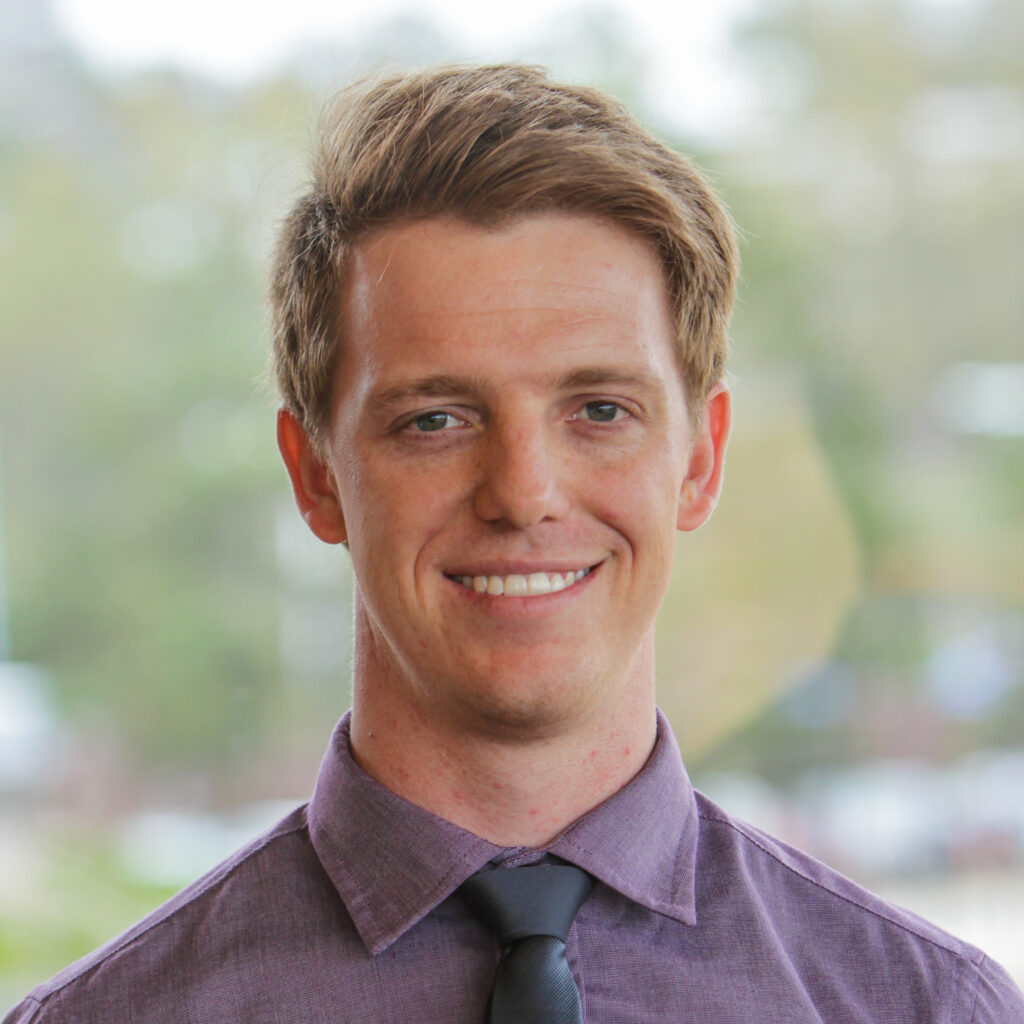
Dr. Sara Moccia is an Associate Professor in bioegineering at Universit`a degli Studi G. d’Annunzio (Chieti, Italy). She works on designing AI algorithms for clinical data analysis, with a specific focus on preterm infants’ care. She is the author of more than 50 papers. She is PI for three research projects for a total budget of around 2 mln euro. She serves as Associate editor for two international journal and currently as program chair for IPCAI.

Dr. Simona Tiribelli
Director for AI Ethics of the Institute for Technology & Global Health at PathCheck Foundation
Assistant professor at the University of Macerata
Dr. Simona Tiribelli is the director for AI Ethics of the Institute for Technology & Global Health at the MIT-funded spin-off PathCheck Foundation (Boston, US), assistant professor at the University of Macerata (Italy), where she teaches Ethics of Artificial Intelligence and Global Justice and Technology, 2023 visiting scholar in AI ethics at the New York University (NYU), and 2020 Fulbright awarded and fellow at the MIT Media Lab, Massachusetts Institute of Technology, US. She is also a founder of the spin-off GAIA (AI Ethics and Governance) and AI Ethics advisor for companies in Europe and US. She authored two books and a number of articles in leading scientific international journals on ethics of artificial intelligence and digital technology, and delivered on invite more than 50 talks in academic institutions such as Harvard University, Tufts University, Toronto University, and many more, in Europe, Canada, and USA.

Dr. Dimitris Tzionas is an assistant professor at the University of Amsterdam. He conducts research on the intersection of Computer Vision, Computer Graphics and Machine Learning. His motivation is to understand and model how people look, move and interact with the physical world and with each other to perform tasks. This involves: (1) accurately “capturing” real people and their whole-body interactions with scenes and objects, (2) modeling their shape, pose and interaction relationships, (3) applying these models to reconstruct real-life actions in 3D/4D and (4) using these models to generate realistic interacting avatars in 3D/4D. Potential applications include Ambient Intelligence, Virtual Assistants, Human-Computer/Robot Interaction and Mixed Reality. The long-term goal is to develop human-centered AI that perceives humans, understands their behavior and helps them to achieve their goals.

Dr. Logan Wade is a Research Fellow at the University of Bath, United Kingdom. As a clinical biomechanist, his research harnesses computer vision and machine learning to identify how patients move, with the goal of integrating biomechanical measures into clinical practice. Recent advances in Artificial Intelligence has seen the rise of motion capture methods that are fast and minimally invasive, allowing collection of data in clinics that was previously restricted to high-end biomechanical laboratories. However, while the accuracy of these systems has drastically improved over the past decade, determining if their accuracy is sufficient for use on an individual patient level is still to be determined. His long-term goal is to develop computer vision tools that are clinically relevant, employing mediums such as markerless video capture to identify movements of the body and 3D ultrasound to examine patient-specific spinal postures.
